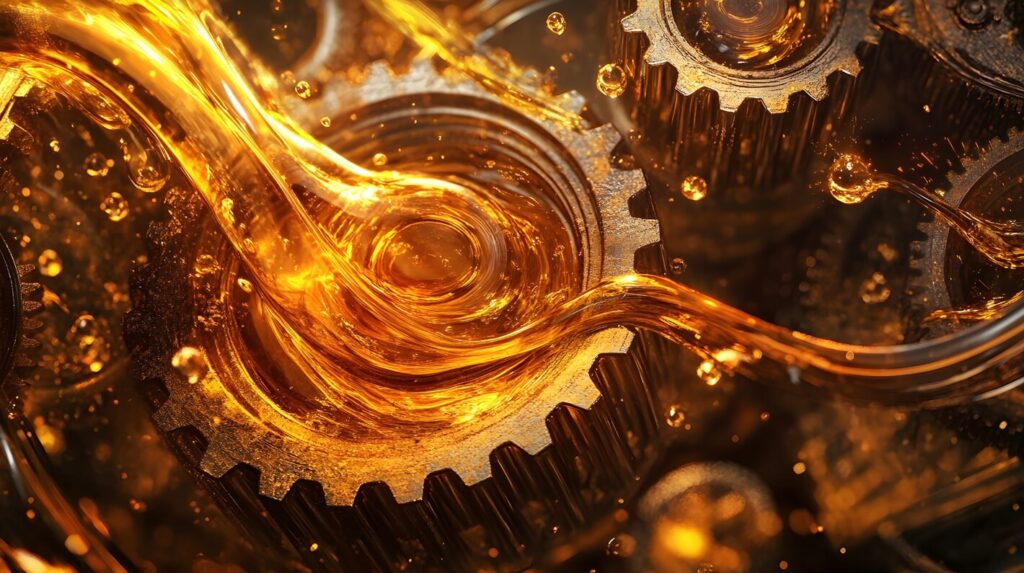I walked into a library today and asked where I could find books on greases, oils, and lubricants. The librarian smiled and said, “You might want to check the non-friction section.”
If you know me, you’ll know that it’s been a while since I last stepped into a library. But this little adventure reminded me how important it is to revisit the basics—and few things are more foundational than grease.
In a previous post, I talked about the seismic certification of emergency generators supporting AI-powered data centers. While we’re proud to support cutting-edge technologies at Clark Testing, we’re equally committed to the legacy industries that keep our world running—like grease testing and analysis.
Today, I’m going retro and shining a spotlight on something we often overlook: grease. Not the stuff left over from Sunday morning bacon and eggs, but the vital petrochemical product that keeps everything from spinning to soaring.
Grease plays a crucial role in our daily lives—enabling equipment to rotate, lift, turn, accelerate, and decelerate. Without it, metal-on-metal contact leads to rapid wear, surface damage, and eventual failure.
From cars, planes, and trains to HVAC systems, elevators, home appliances, and heavy machinery in manufacturing, mining, and power generation—grease is everywhere. It reduces friction, protects components, and serves as a barrier against contaminants like water, dirt, and dust that cause corrosion and rust.
At Clark Testing, we specialize in grease analysis and testing to help our clients:
- Optimize lubrication performance
- Detect contamination early
- Reduce downtime and operational costs
- Prevent heat buildup, wear, and catastrophic failuresThe next time you’re stuck on a broken escalator or dealing with an unexpected shutdown, consider this: could a failed grease system be the root cause?At Clark Labs, we’re not just testing grease—we’re help to write the book on Non-Friction. 📖🛠️
![]()
Paul G. Heffernan
CEO
